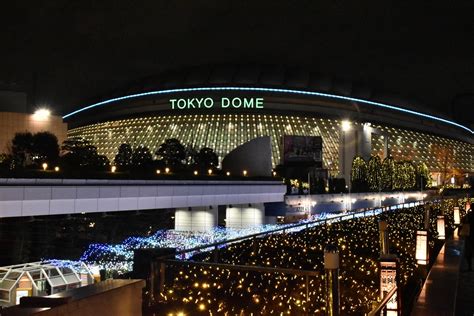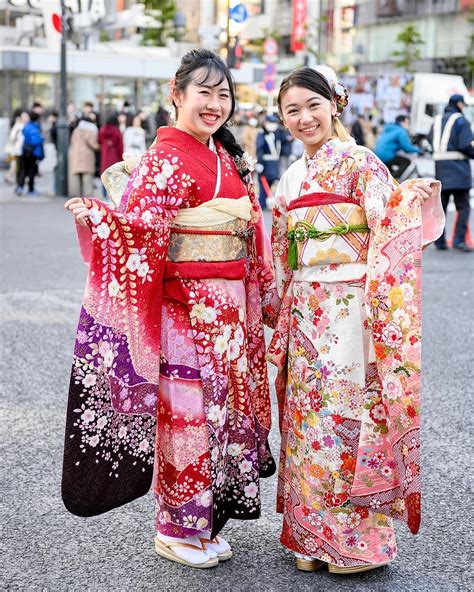Tokyo’s Customs and Lifestyle
Entertainment:
- Sumo Wrestling: Tokyo hosts thrilling sumo tournaments at venues like Ryogoku Kokugikan. The ritualistic aspect and sheer force of two colossal wrestlers colliding make it an engrossing spectacle.
- Baseball and Soccer: These Western imports are wildly popular in Tokyo. Catching a game, where passionate fans provide as much entertainment as the players, is a must.
- Anime and Manga: Tokyo is the epicenter of anime and manga culture. Explore Akihabara for themed cafes, shops, and immersive experiences.
- Karaoke: Sing your heart out at karaoke bars. It’s a quintessential Tokyo nightlife activity.


Recreation and Sports:
- Parks: Tokyo boasts beautiful parks like Ueno Park, Shinjuku Gyoen, and Yoyogi Park. They offer serene escapes amidst the bustling city.
- Cycling: Explore Tokyo’s neighborhoods on a bike. The city’s flat terrain and cycling-friendly infrastructure make it enjoyable.
- Traditional Martial Arts: Experience kendo (swordsmanship), judo, and aikido. These martial arts reflect Japan’s rich heritage.
Meals:
- Sushi: Tokyo is the world capital of sushi. From cheap conveyor belt sushi to Michelin-starred establishments, indulge in this iconic Japanese dish. (right)
- Ramen: Slurp up delicious bowls of ramen at local joints. Each shop has its unique flavor profile.
- Tempura: Crispy, light tempura—seafood and vegetables dipped in batter and deep-fried—is a treat.
- Yakitori: Grilled skewers of chicken, vegetables, and other meats are popular street food.
- Japanese Curry: A comforting dish with thick, flavorful curry sauce served over rice.
- Sweets: Try wagashi (traditional Japanese sweets) and fruit parfaits.


How People Live:
- Urban Lifestyle: Tokyo’s urban culture is transmitted throughout Japan via mass media concentrated in the city.
- Role Specialization: While traditional gender roles persist, more women work outside the home.
- Small Living Spaces: Due to limited space, entertaining is often done outside homes.
- Business-Oriented Entertainment: Tokyo’s diverse commercial landscape caters to business clientele.
National Dress:
- The first ancestor of the kimono was born in the Heian period (794-1192). Straight cuts of fabric were sewn together to create a garment that fit every sort of body shape.
- By the Edo period (1603-1868), it had evolved into a unisex outer garment called kosode. During the Edo era, kosode was a visibly unifying cultural marker. Every Japanese person wore it, regardless of age, gender, or socio-economic position.
- It was only from the Meiji period (1868-1912) onwards that the garment was called kimono.
- The design of the kimono has remained unchanged for hundreds of years. Cut into eight pieces from a single length of cloth called a tanmono, the pieces are then folded and sewn together to form the kimono.
- The styles of women’s kimono can vary depending on age and marital status.


Holidays:
- Cherry Blossom Festivals: Celebrated end of March to early April, it marks the blooming of cherry blossoms.
- Obon: A 3-day Buddhist festival in mid-August or July to honor ancestors.
- New Year’s Day (January 1): The start of the new year is a significant holiday in Japan, with many people visiting shrines and temples.
- Coming of Age Day (second Monday of January): This holiday celebrates young people who have reached the age of 20, the legal age of adulthood in Japan.
- National Foundation Day (February 11): This holiday celebrates the mythological foundation of Japan and the ascension of its first emperor.
- The Emperor’s Birthday (February 23): This holiday celebrates the birthday of the reigning emperor.
- Vernal Equinox (March 20): This holiday marks the arrival of spring.
- Golden Week (late April to early May): A cluster of national holidays in late April and early May.
- Sea Day (Third Monday of July): This holiday is to give thanks to the ocean’s bounty and consider the importance of the sea to Japan as an island nation.
In Tokyo, tradition and modernity coexist harmoniously, creating a captivating lifestyle that reflects Japan’s rich heritage and dynamic present. Whether you’re savoring sushi, exploring parks, or immersing yourself in anime culture, Tokyo promises unforgettable experiences.